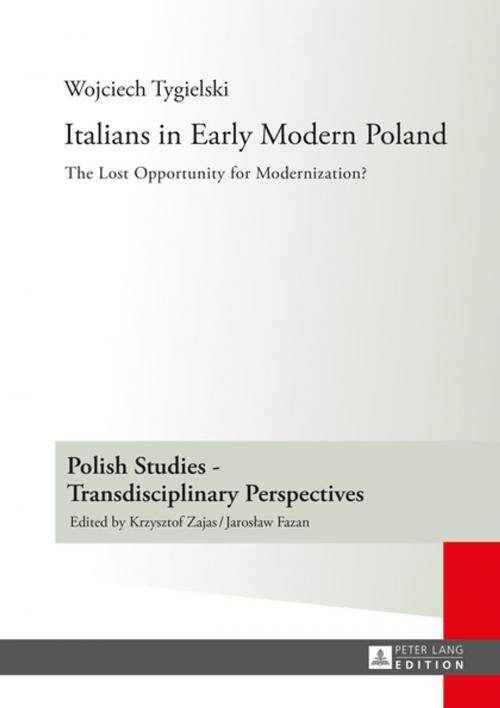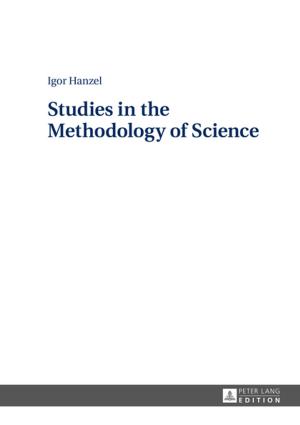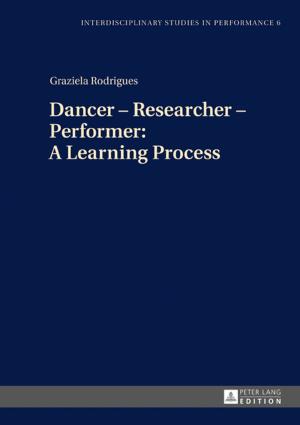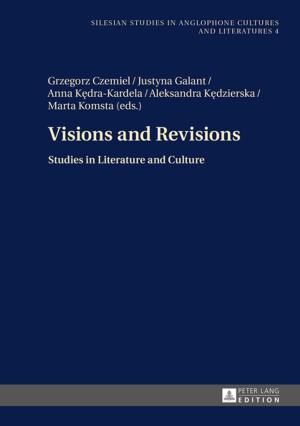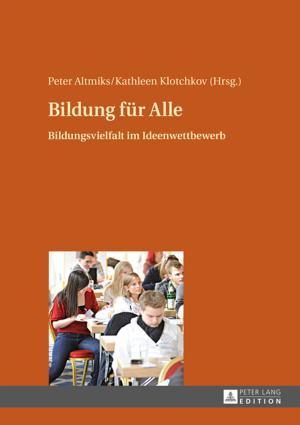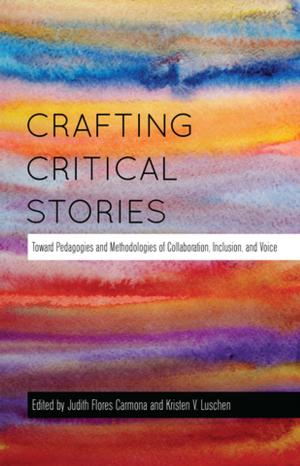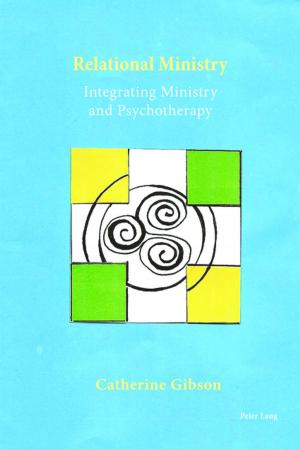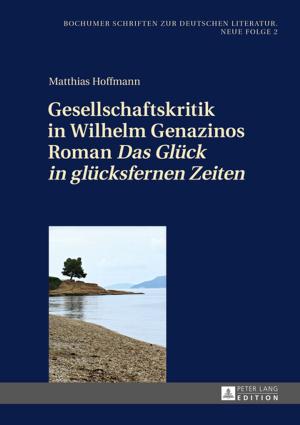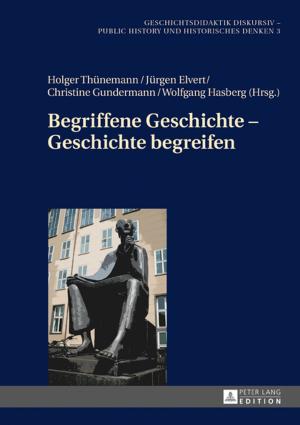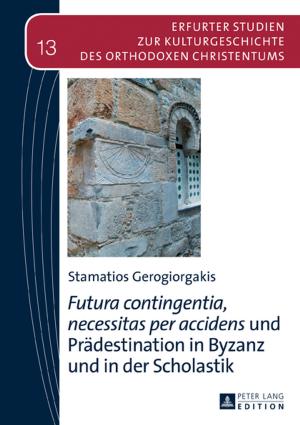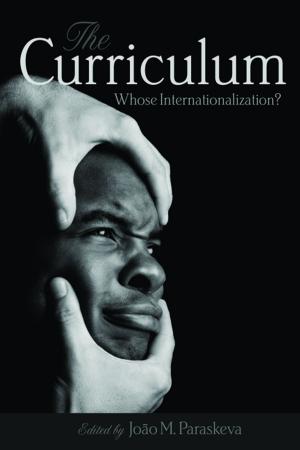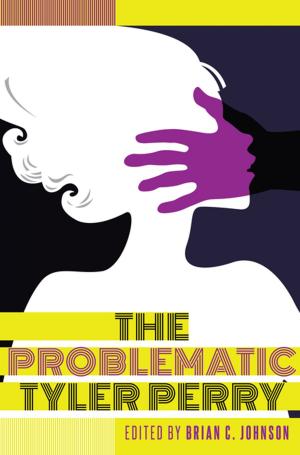Italians in Early Modern Poland
Translated by Katarzyna Popowicz
Nonfiction, History, European General, Art & Architecture, General Art| Author: | Wojciech Tygielski | ISBN: | 9783653995084 |
| Publisher: | Peter Lang | Publication: | April 20, 2015 |
| Imprint: | Peter Lang GmbH, Internationaler Verlag der Wissenschaften | Language: | English |
| Author: | Wojciech Tygielski |
| ISBN: | 9783653995084 |
| Publisher: | Peter Lang |
| Publication: | April 20, 2015 |
| Imprint: | Peter Lang GmbH, Internationaler Verlag der Wissenschaften |
| Language: | English |
The book provides a panorama of Italian migrants’ activities in Polish economy, political life and, above all, culture. The motivations of Italians who decided to travel to the Polish-Lithuanian Commonwealth and quite often settled there permanently, the reasons which made this migration possible and approved by the Polish and Lithuanian hosts are described in detail. Various categories of Italian migrants are considered as well as the potential and growing difficulties in their adaptation. These premises serve as proof of social and cultural distances between the Italians and the Poles and underline the tensions between the Italians’ cultural background and the one which they had to cope with. The hypothesis of the lost historical opportunity made possible by numerous arrivals of migrants from more culturally advanced areas is highlighted through the debate on the efficiency of Italian influences upon Polish-Lithuanian realities, and by the catalogue of the causes which effectively hindered Italian impulse for modernity.
The book provides a panorama of Italian migrants’ activities in Polish economy, political life and, above all, culture. The motivations of Italians who decided to travel to the Polish-Lithuanian Commonwealth and quite often settled there permanently, the reasons which made this migration possible and approved by the Polish and Lithuanian hosts are described in detail. Various categories of Italian migrants are considered as well as the potential and growing difficulties in their adaptation. These premises serve as proof of social and cultural distances between the Italians and the Poles and underline the tensions between the Italians’ cultural background and the one which they had to cope with. The hypothesis of the lost historical opportunity made possible by numerous arrivals of migrants from more culturally advanced areas is highlighted through the debate on the efficiency of Italian influences upon Polish-Lithuanian realities, and by the catalogue of the causes which effectively hindered Italian impulse for modernity.
